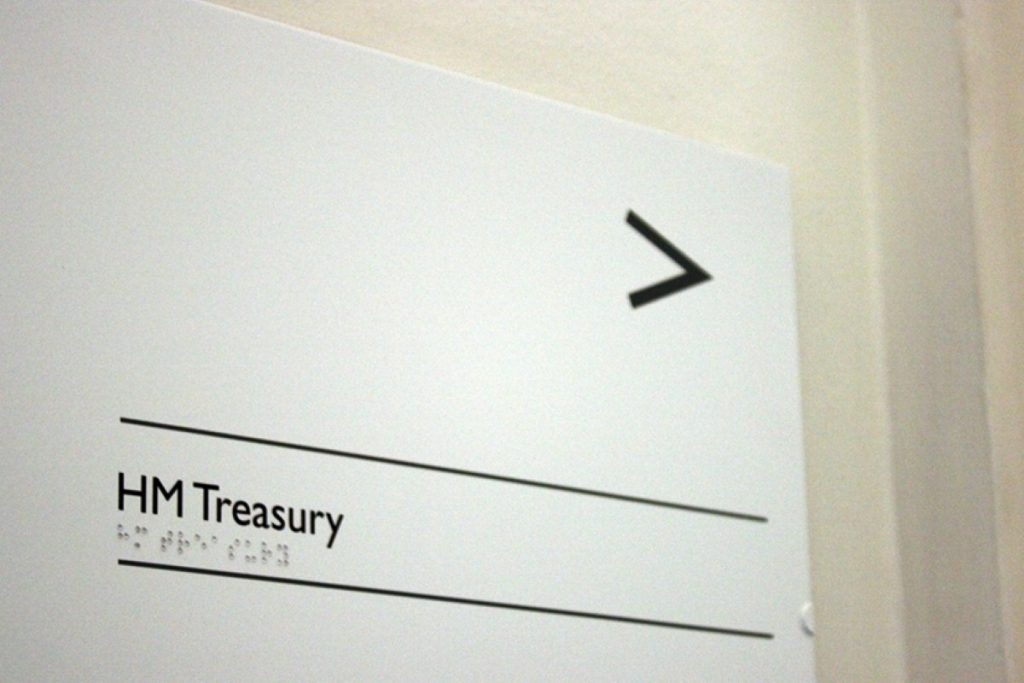Spending review preview: What we can expect
Accentuating the positive is going to be harder than usual this week. That doesn’t mean the coalition government won’t try.
Let’s not forget quite how hard this process is going to be. Labour’s plans to cut spending were going to be worse than those seen under Margaret Thatcher. The coalition’s plans are at least another third as severe as that.
Spin doctors may scratch their heads a little, but they will not be put off. This will be a finely-tuned public relations operation. It’s the big opportunity for ministers to make their case to voters even as they reveal the full extent of the cuts to come.


This process has begun already. As before any ordinary run-of-the-mill Budget, we are seeing stories leaked to the press to spread the news impact of what are, after all, major policy announcements.
Placing an emphasis on unity will be critical. There is no doubt the Conservatives and Liberal Democrats, at least at the very senior level, have been bonded closer together by the experience. They’re working together at Chequers right now, putting the “final touches” to the spending review. Chancellor George Osborne said that “collegiate” feeling was getting stronger and stronger. We can expect more of the same coalition-boosting self-congratulation this week.
This will also be seen as the culmination of years of rhetoric dating from the Tories’ time in opposition. In his 2009 conference speech Osborne first used the phrase ‘we’re in this together’. It still applies. Linking rich tax evaders and benefit cheats is an obvious way of tying up the grand narratives.
Tensions have to be addressed, however. Osborne will seek to point out the spending review is staggered over four years and is not all being implemented tomorrow. This must be balanced against the arguments for ‘doing it now’, as opposed to putting off taking action to draw down the deficit.
Then there are the discrepancies between individual departmental cuts. The last few months have seemed like a never-ending merry-go-round of interdepartmental conflict. Forget tensions between the coalitions, insiders say; the real battles have been fought on the same old familiar territory, with the Treasury taking on all-comers in a struggle for money. The Ministry of Defence and the Department for Work and Pensions appear the big winners, joining the NHS and international aid in the relieved camp. All other departments will pay the price. Explaining the decisions underpinning these choices to the public requires much finesse.
The way to achieve this is, as always, by emphasising the positive, not the negative. In this year’s conference speech Osborne appeared to be trying to look ahead to a bright vision of a future Britain. But he struggled to get the message across as he was repeatedly forced to take the argument back to justifying and explaining spending cuts. The polls show the public believe Osborne is the best man for the job – but only 30% trust him to implement the cuts in a fair way. Only a third think losing hundreds of thousands of public sector jobs is worth bringing the deficit under control. The rhetoric must avoid the pitfalls of job losses, cuts in frontline staff, as much as possible.
It is the opposition’s job to make this case, of course. This week Labour are unlikely to make the initial progress you would expect from a party presented with such easy targets. Shadow chancellor Alan Johnson has had only a few days in the job and, for now at least, appears far stronger on presentation than on policy. His first real test comes this week – he may be found wanting.
Fortunately for Johnson a ready-made angle of attack is available. If he can make the argument that the Conservatives are pushing through with cuts beyond what is necessary the coalition could struggle to come up with a positive response.
Here’s the key section from Osborne’s speech: “You know, our opponents say I’ve got an ideological plan. That this whole exercise reflects a particular view of the state. I have to tell you: they’re right.”
The more debate on the spending review becomes about ideology and the partisan beliefs underpinning this process, the harder this week will be for the coalition.

